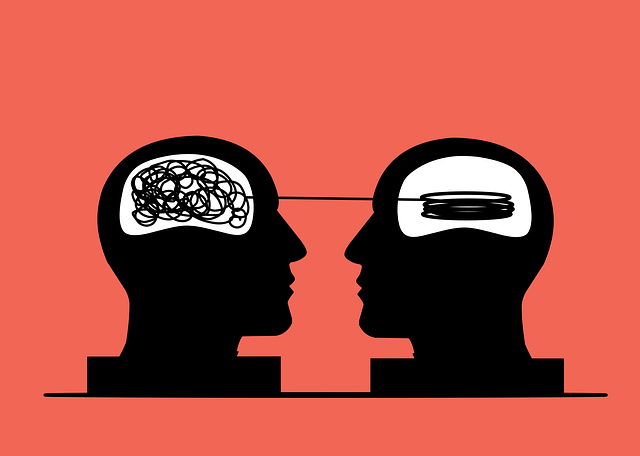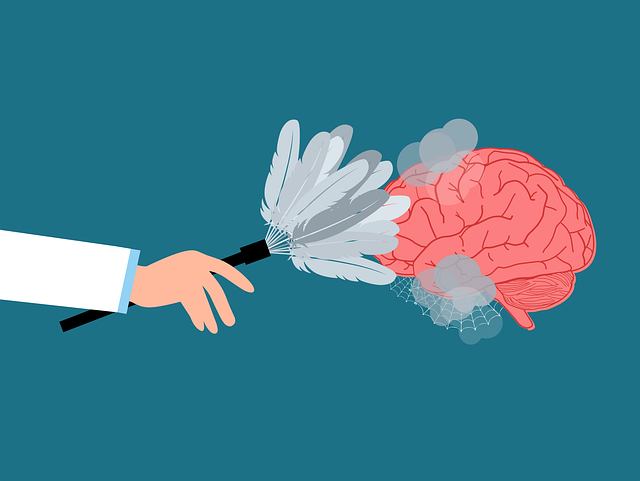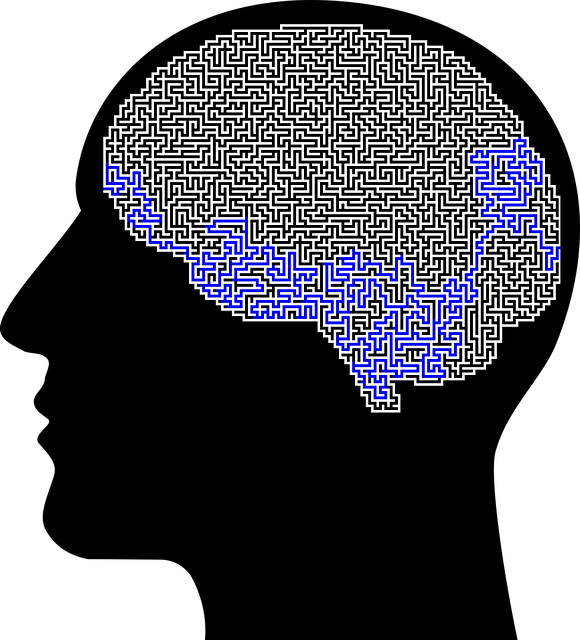Arvada Cognitive Behavioral Therapy (CBT) offers a personalized approach to grief and bereavement, targeting negative thought patterns and behaviors that hinder healing. Through structured sessions, clients learn to regulate emotions, challenge unhelpful beliefs, integrate loss into their self-perception, and foster acceptance and resilience. CBT also reduces stigma around mental illness, providing a safe space for emotional expression. Ultimately, Arvada CBT equips individuals with tools to manage grief, encourage resilience, and support healthy coping mechanisms, easing feelings of isolation.
“Loss, grief, and bereavement can profoundly impact an individual’s well-being, making professional support essential in navigating these challenging journeys. This article explores the transformative power of counseling in healing from loss. We delve into the process of understanding grief, highlighting cognitive behavioral therapy’s (Arvada) effectiveness in overcoming bereavement. Additionally, we provide practical strategies for coping, emphasizing self-care and counseling as empowering tools for individuals seeking to navigate their unique paths to recovery.”
- Understanding Loss, Grief, and Bereavement: A Journey Towards Healing
- The Role of Cognitive Behavioral Therapy (Arvada) in Overcoming Bereavement
- Strategies for Coping: Empowering Yourself Through Counseling and Self-Care
Understanding Loss, Grief, and Bereavement: A Journey Towards Healing

Understanding loss, grief, and bereavement is a journey that differs for everyone. It’s a complex process where individuals navigate through a range of emotions following a significant departure. Arvada Cognitive Behavioral Therapy (CBT) offers a structured framework to help individuals process these feelings. CBT focuses on identifying and changing negative thought patterns associated with loss, fostering healthier coping mechanisms based on evidence-based Mind Over Matter principles.
Through therapy sessions, clients develop essential coping skills development and social skills training, allowing them to rebuild their lives while carrying the memories of their loved ones. This journey towards healing involves acknowledging and accepting emotions, finding meaning in the experience, and gradually rebuilding a sense of purpose and well-being.
The Role of Cognitive Behavioral Therapy (Arvada) in Overcoming Bereavement

Arvada Cognitive Behavioral Therapy (CBT) plays a pivotal role in helping individuals navigate and overcome bereavement. This therapeutic approach focuses on identifying and modifying negative thought patterns and behaviors that can hinder healing after loss. By targeting specific cognitive distortions related to grief, CBT enables folks to develop inner strength and cultivate healthier coping mechanisms.
Through structured sessions, clients learn to regulate their emotions, challenge unhelpful beliefs, and gradually integrate the experience of loss into their sense of self. This process facilitates a profound sense of acceptance and resilience. Additionally, Arvada CBT incorporates strategies aimed at mental illness stigma reduction efforts, fostering an environment where individuals feel safe to express their emotional experiences openly. Ultimately, this supportive framework empowers people to build on their inner strength as they move through the complexities of bereavement.
Strategies for Coping: Empowering Yourself Through Counseling and Self-Care

Grief is a complex process, and everyone copes differently. Empowering yourself through counseling and self-care can be transformative in navigating loss. Counseling, such as Arvada Cognitive Behavioral Therapy (CBT), offers effective strategies to manage grief. CBT helps individuals identify and challenge negative thought patterns associated with loss, fostering a healthier perspective. This form of therapy encourages self-awareness exercises, enabling clients to understand their emotions and thoughts better.
In conjunction with counseling, self-care practices play a pivotal role in the healing process. Engaging in regular physical activity, maintaining a balanced diet, and practicing mindfulness can significantly enhance mood management. Social skills training, often incorporated into grief support groups, provides a safe space to share experiences and build connections, easing feelings of isolation. By combining counseling techniques with self-care, individuals can develop resilience and learn healthy coping mechanisms for bereavement.
Loss, grief, and bereavement are natural yet profound experiences that can deeply impact our lives. Throughout this journey towards healing, it’s clear that counseling plays a pivotal role in processing emotions and adopting healthy coping mechanisms. Specifically, the integration of cognitive behavioral therapy (Arvada) offers valuable tools to navigate the complexities of bereavement. By empowering individuals with strategies for self-care and emotional regulation, counseling sessions in Arvada can significantly enhance one’s resilience and overall well-being. Ultimately, seeking support through these means is a crucial step towards finding peace and navigating life’s challenges with strength.














